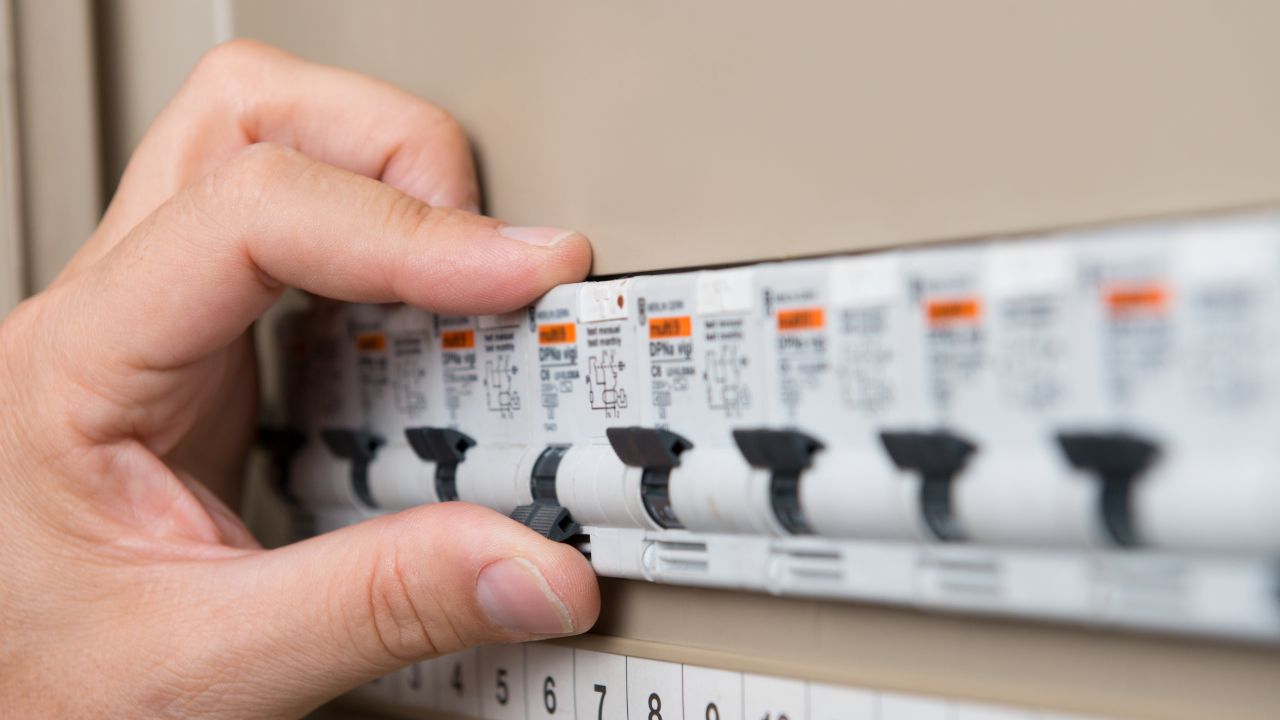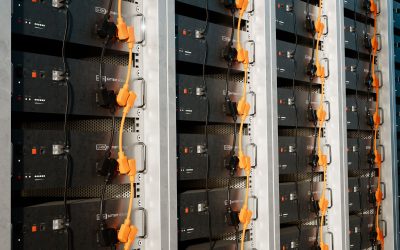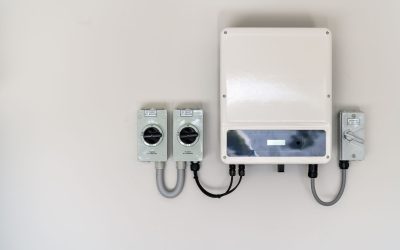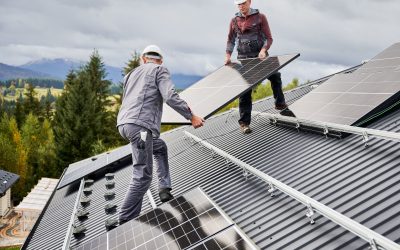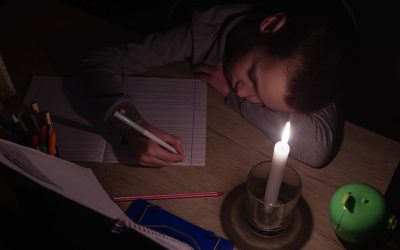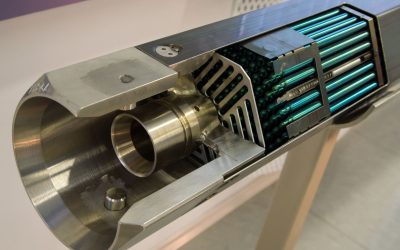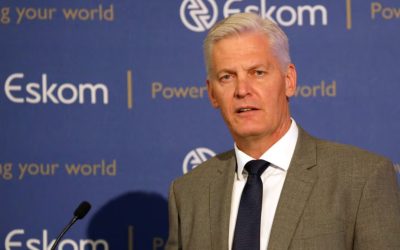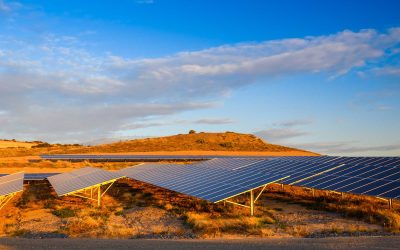Mybroadband reports [1]:
- Eskom is currently piloting a smart metering system that would control the amount of power supplied to households remotely
- Eskom wants to install this smart meter in every household. The meter will reduce the amount of power that a household can draw from the grid during times when grid power is limited
- This will force households to use only low-power devices like lights, TVs, and Wi-Fi routers. Households will not be able to use high-power devices like geysers, microwaves, electric stoves and kettles
This kind of thing leaves a really bad taste in the mouth. But, let’s take a step back and look at this with some objectivity.
Many households looking for a solution to load shedding have considered generators or battery-inverter systems. In our current economic times, such a solution is out of reach for a lot of South Africans. The smart metering program effectively gives households a solution – power to essential devices during load shedding. And, at no cost to the household.
Also, a solution like this would mean that traffic lights will not go off anymore during load shedding. No more traffic build-ups on your way to or from work.
Now, for this solution to be effective, Eskom requires maximum participation. The more households that have the smart meters, the better for everyone. Implementing this might then lead to Eskom stepping on some of our liberties. It’s never a pleasant thing for government entities to come into our homes to control our personal space.
But, we must admit, load shedding has done just that – a government entity has come into our personal spaces and switched off everything. At least with the smart meters, they’re leaving some essential devices on.
Yes, we would prefer that there is no load shedding. But, we are here now. Yes, we hate being under the control of government entities. Going off-grid can relieve both of these situations. But for South Africans who can’t afford to do so, smart meters are probably not as bad as they sound.
[1] Jacobs, S. 30 September 2023. “Eskom’s plan to control electricity supply to every home in South Africa”. https://mybroadband.co.za/news/investing/509820-eskoms-plan-to-control-electricity-supply-to-every-home-in-south-africa.html (Accessed 2 October 2023)

